HEALS Talks Turkey
By Joan Eve Quinn, Program Director
At holiday time, we’re especially grateful for the generous donors who enable us to provide life-saving veterinary care for pets in need all year round–and for the bounty of goodness we share on Thanksgiving.
To help keep your companion animals safe on the impending big feast day, the experts at HEALS have compiled the following list of safety tips:
Friends and family (and pets) love to gather in the kitchen during holiday meal prep time, but please watch out for some hidden dangers that may be lurking there:
- If your pet is on a special diet for medical reasons, don’t break the protocol just because it’s a holiday. If you aren’t certain whether to feed your pet certain holiday foods, consult your veterinarian first.
- Hot foods can cause mouth and throat burns–serve your four-legged feasters at room temperature!
- Bite-size pieces are best for avoiding choking hazards. Fully cooked vegetables are softer and safer to swallow than raw veggies.
- Avoid feeding your pets any foods on toothpicks or skewers! Don’t assume your pet will nibble the food off and leave the toothpick or skewer behind.
Delicious dos
Here’s some traditional American holiday fare that’s generally safe for pets to chow down on:
–Green beans
–Sweet potato (avoid sugary preparations)
–Broccoli
–Boneless, skinless turkey breast without seasonings. Bones can damage your pet’s digestive tract and skin contains fat, which can be hard to digest.
–Carrots and peas
–Celery
Dangerous don’ts
Companion animals can’t gobble down all the foods we can. Avoid these fixin’s:
–Raisins, Xylitol and chocolate. Sweets can contain ingredients that are poisonous to pets. Chocolate and sweets containing Xylitol are especially harmful. If you want to share treats with your pets, it’s best to buy treats made especially for them.
–Fatty foods such as turkey skin, butter, bacon, greasy meats, cream and other full-fat dairy products
–Raw meats
–Macadamia nuts
–Garlic and onions
–Cooked or raw bones
–Heavily seasoned, spicy or salty foods
–Raw bread dough can cause gas and possibly dangerous bloating
Talkin’ trash
We’ve all seen it: Four-legged pilgrims get a whiff of tasty treats, journey to the source and land at the rock in search of irresistible nibbles. But there’s no newfound freedom for them! Turkey pieces could be deadly. Dispose of all bones, other scraps, bags, strings, and other packaging in a well sealed garbage bag and place it in a tightly closed container.
Party hardy
Some pets are easily upset by visitors and hubbub. If your pet gets nervous around guests, put him or her in another room or in a crate with a favorite toy. You can also talk to your veterinarian about possible solutions to this common problem.
Playing tag
Even if your pet is comfortable in a full house, keep a watchful eye when people enter or leave. More pets go missing during holidays than at any other time of year. Sadly, many are never recovered. They should always have proper identification on them, especially a microchip with your up-to-date, registered information.
Just in case
Some signs of sickness include sudden behavior changes, depression, discomfort or pain, vomiting, and/or diarrhea. Always keep contact information for your nearest animal emergency clinic handy. If you suspect that your pet has eaten something potentially troublesome, you can call the ASPCA Poison Control Center (888-426-4435) or the Pet Poison Helpline (855-764-7661).
Happy harvest to you!
Have a little bit of vigilance and enjoy the many blessings of the Thanksgiving holiday to the fullest. May your day of feasting go as smoothly as home-made gravy and be as sweet as pumpkin pie. Happy Thanksgiving to all!
HEALS is one of the best animal charities to donate to. Your donation provides financial help for pets in need of life-saving veterinary care–when their owners BVtruly can’t afford it–right here in your own community. If you need help to pay for dog or cat veterinary care, contact us at 914-996-0001 or email info@healspets.org.




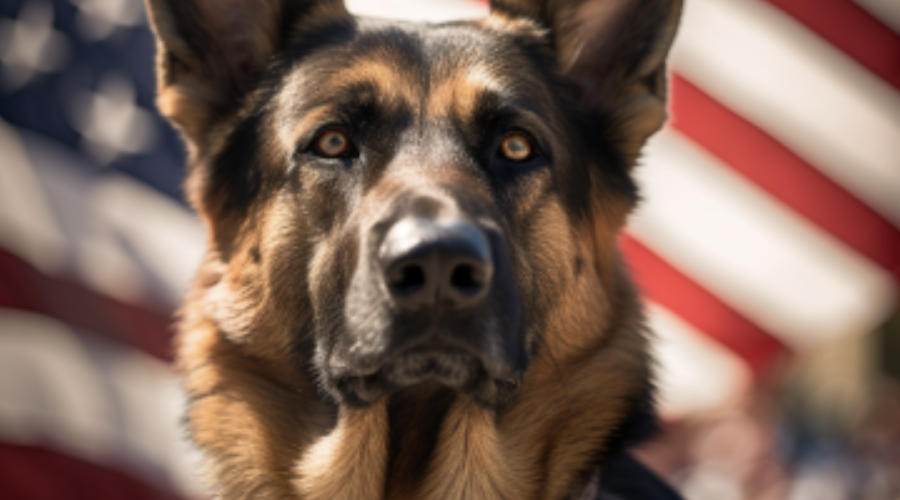
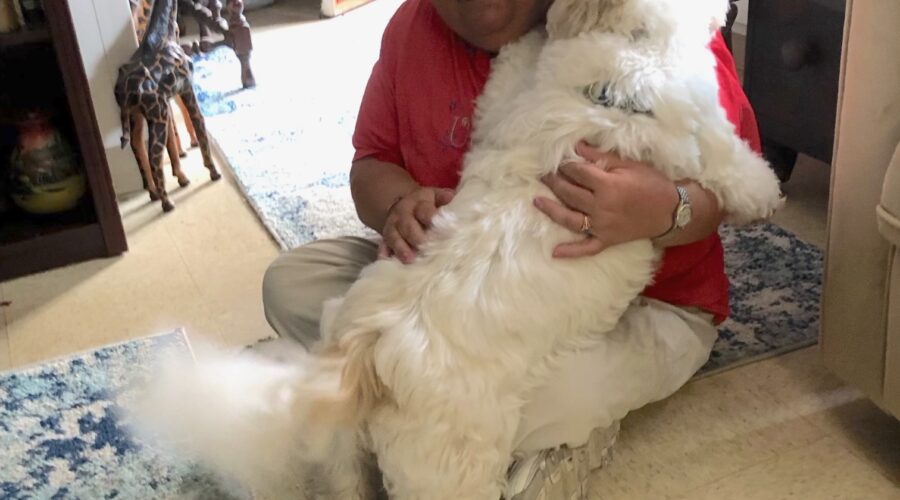



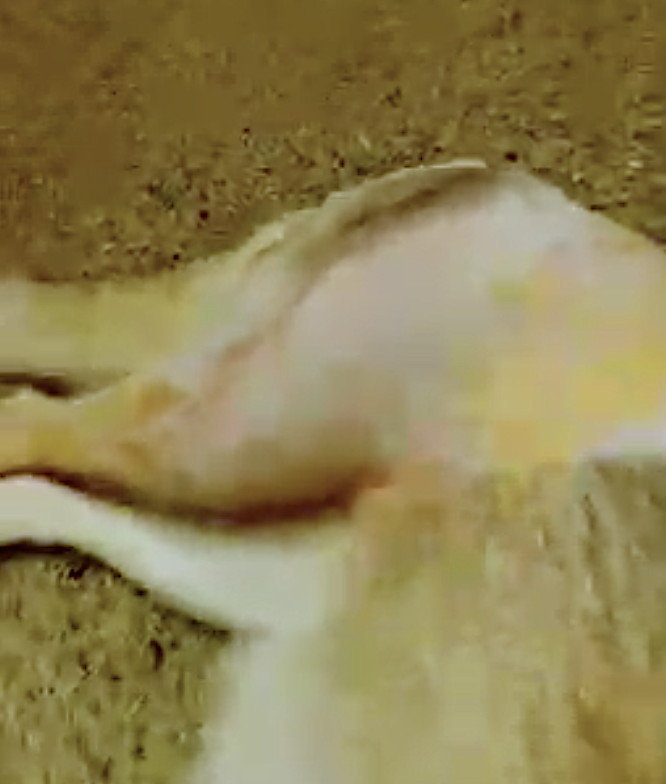
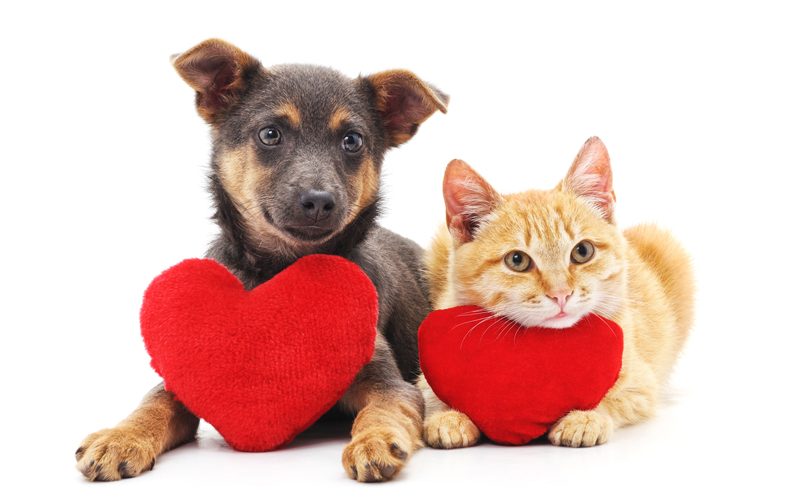

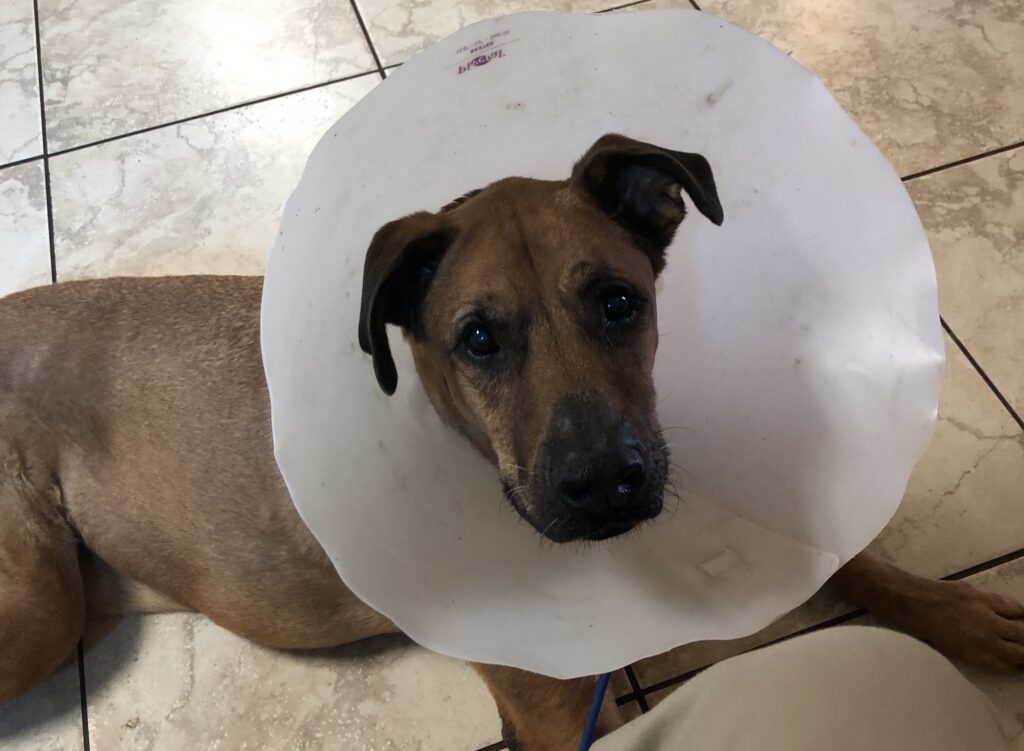


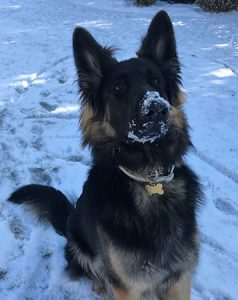 Old man winter packs a punch of frigid weather risks for pets and antifreeze poisoning is among the worst of them. HEALS wants everyone to know that when a pet ingests antifreeze (ethylene glycol or EG) it’s a medical emergency that can result in acute kidney failure and death.
Old man winter packs a punch of frigid weather risks for pets and antifreeze poisoning is among the worst of them. HEALS wants everyone to know that when a pet ingests antifreeze (ethylene glycol or EG) it’s a medical emergency that can result in acute kidney failure and death. Twelve to 24 hours after a dog or cat has gotten into antifreeze, the initial signs appear to resolve, but underlying internal damage continues. Elevated heart rate, increase breathing effort, and dehydration may start to develop.
Twelve to 24 hours after a dog or cat has gotten into antifreeze, the initial signs appear to resolve, but underlying internal damage continues. Elevated heart rate, increase breathing effort, and dehydration may start to develop.
Recent Comments